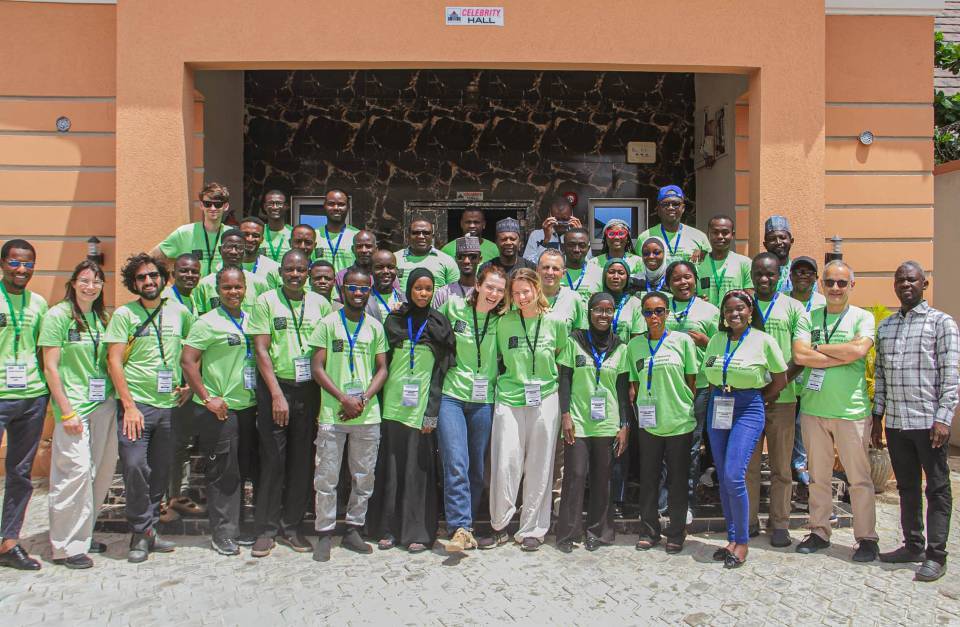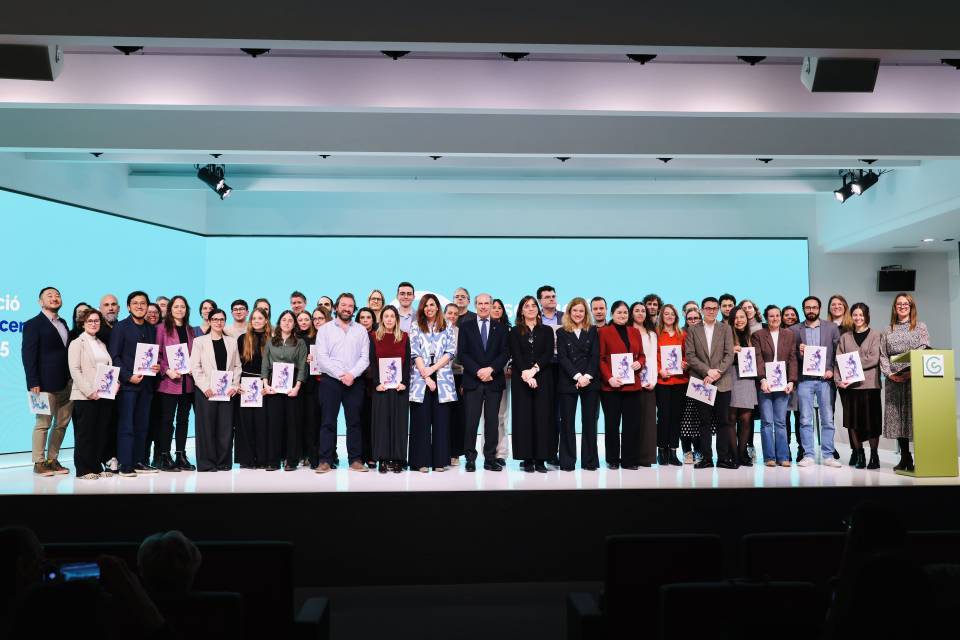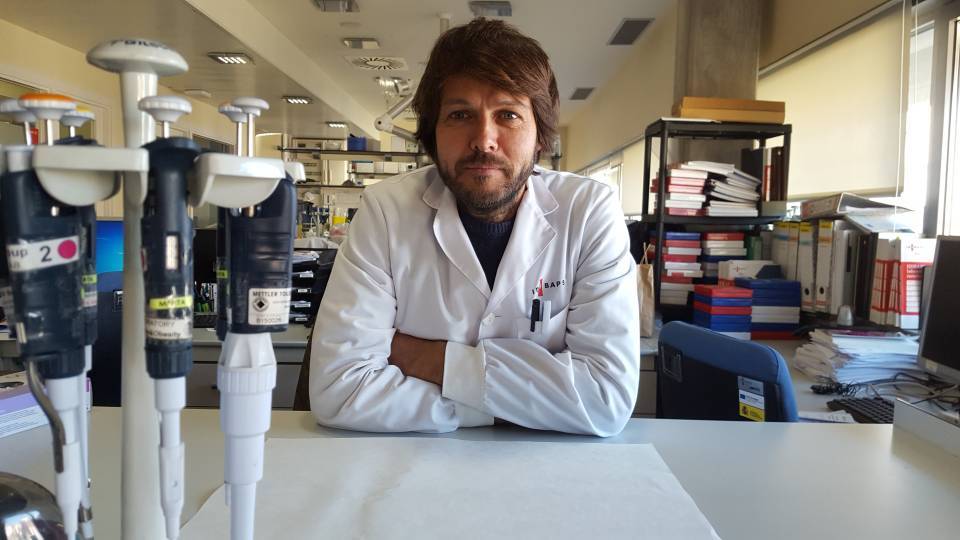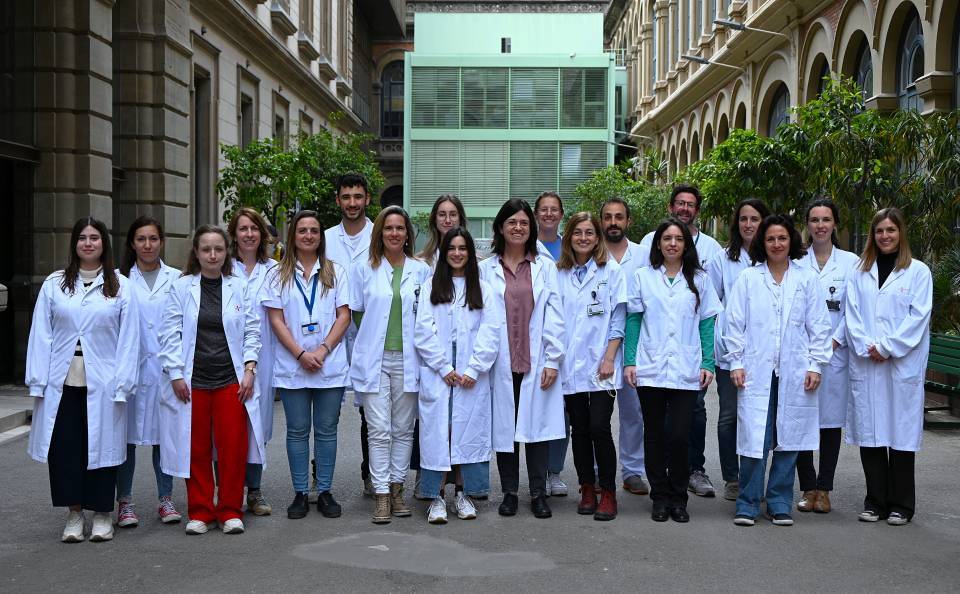This pioneering initiative seeks to train the local scientific community to use accessible computational tools to address neurological and neuropsychiatric challenges in the region. As such, it is intended to help to boost biomedical research in one of the parts of Nigeria most affected by humanitarian crises. To do so, it harnesses the momentum generated by the BioRTC, led by Mahmoud Maina, which is receiving robust local and international investment. The University of Sussex in the United Kingdom is co-leading the project.
Held from 7 to 18 July, the course received over 300 applications for just 30 places, mainly from Nigeria but also from other African countries. The participants consisted of Master’s students, doctoral students and young teaching staff who followed theoretical and practical sessions and designed small research projects that they presented on the last day.
‘All in all, it was a great experience. The students were very dedicated and rated the course highly, especially the applied research part. They were really actively involved and have great communication skills’, explains Albert Compte, the head of the IDIBAPS research group Theoretical neurobiology of cortical circuits. Compte is co-directing the course, together with Miguel Maravall from the University of Sussex.
In addition to the academic activities, the programme included cultural and protocol meetings with local institutions, which enriched the participants and researchers’ experience.
The IDIBAPS team that travelled to Nigeria was made up of Albert Compte, Jaime de la Rocha, Melanie Tschiersch and Alexandre Mahrach. Michela Bertero, IDIBAPS’ director of strategy, also participated with a virtual session on funding calls.
The project enjoys the support of the Simons Foundation (USA) and the Yobe State government. Three editions of the course are scheduled to run until 2027 and joint Europe-Africa seminars and remote tutorials are also planned. Grants for research stays in Barcelona and Brighton are already under way through a project entitled ‘Strengthening computational research in biomedicine in northeastern Nigeria: beyond humanitarian action’. Funded by the Campus Clínic Solidari, the project will invite two Nigerian students to stay at IDIBAPS over the course of the coming months.
This initiative reaffirms IDIBAPS’ commitment to international cooperation and the promotion of biomedical research in vulnerable regions, thereby helping to build a strong and autonomous African scientific community.




